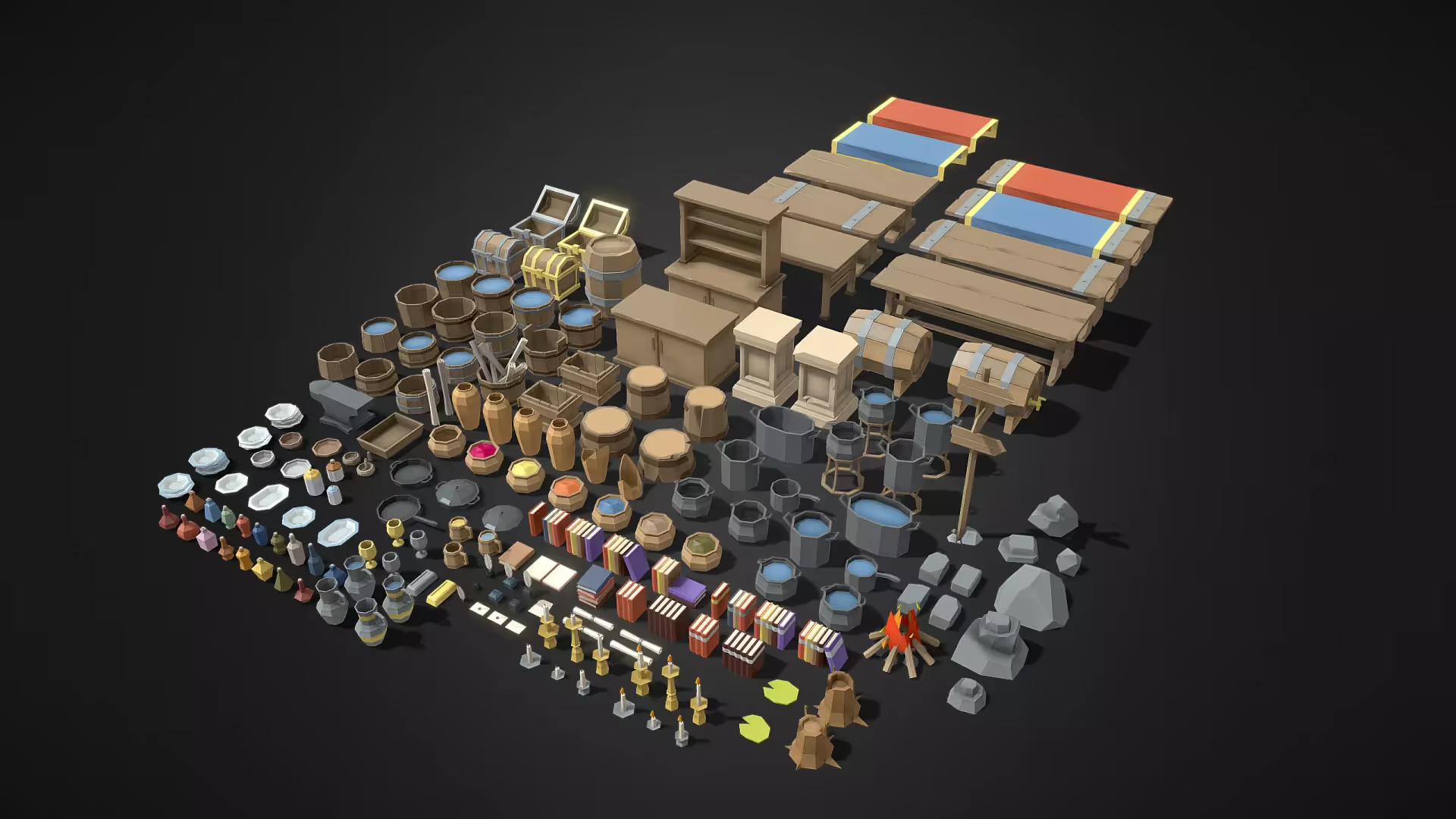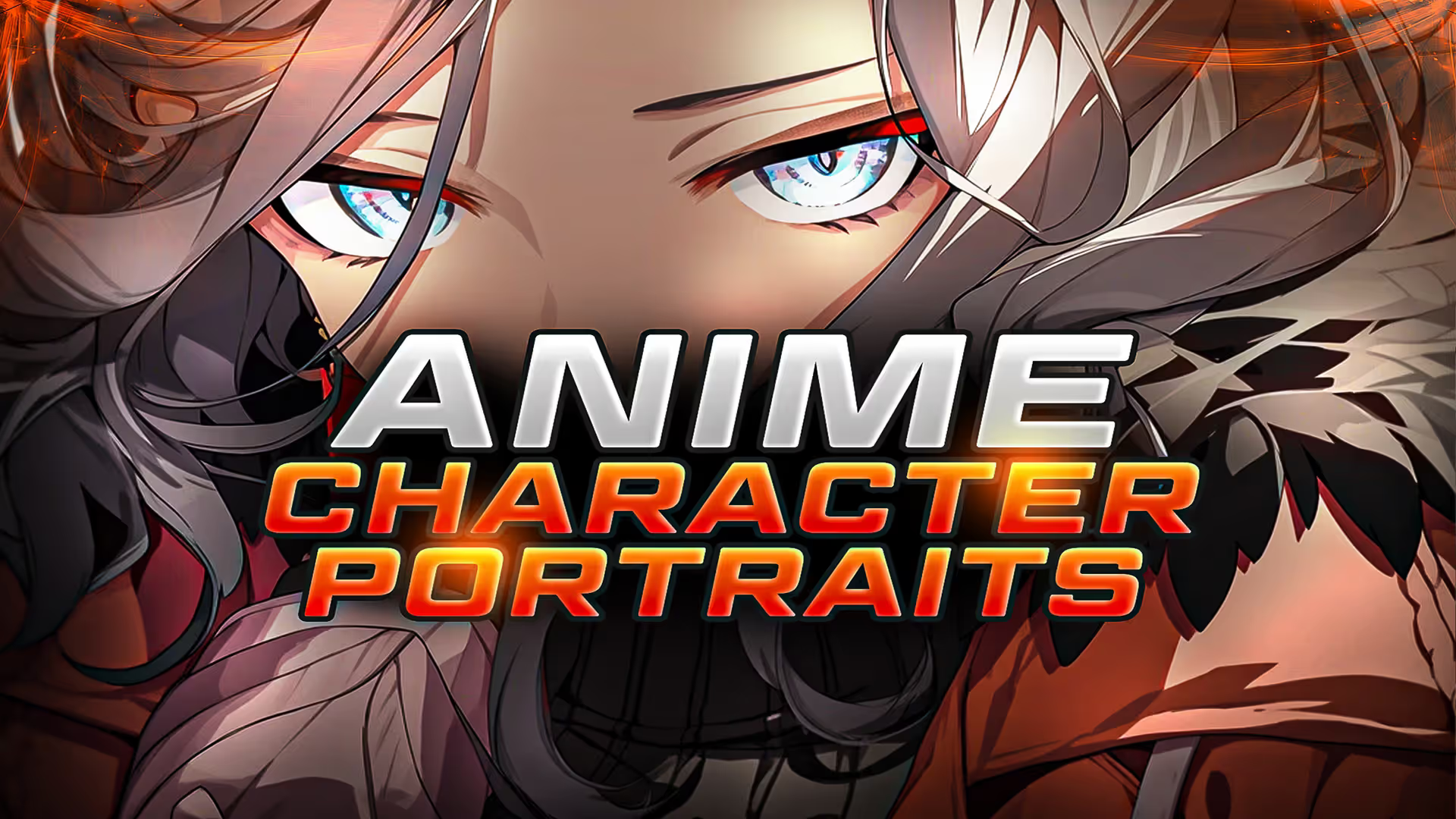Diversity in Games
Diversity in gaming has been a topic of discussion in recent years. Creating an environment that is inclusive, accessible, and fair to all players has never been more important.
While the question of representation, regardless of age, gender, race, sexuality, or any other factor, has been raised a lot in the film industry or fashion, it has only recently made its way to the gaming world.
In this blog post, we’ll explore the importance of diversity in gaming, its benefits for players and communities, and how it can lead to a better future for the gaming industry.
Diversity in-gaming
Diversity in gaming means creating games that are inclusive, accessible, and fair to all players, regardless of their age, gender, race, sexuality, or any other factor. It involves representing the under-represented, be it different cultures, traditions, and experiences to make the gaming world more diverse and dynamic.
The Importance of having a diverse cast of characters in a game
Diversity is a topic that has gained a lot of attention in recent years, and for good reason. It’s essential to have a diverse cast of characters in games, just as it is in real life. By including characters with different backgrounds, genders, races, sexual orientations and abilities, game developers help to create a more inclusive and welcoming environment for all players.
But why is diversity in gaming so important? For starters, it can help to improve the gaming experience for players. When players see characters they can relate to, the game feels more personal and engaging. It also means that players are exposed to different perspectives and experiences, which can broaden their understanding of the world around them.
How does diversity in gaming benefit the player?
Diversity in gaming benefits players in several ways. When video games include characters and stories representing diverse backgrounds, it helps everyone feel included. This inclusive environment allows players of all backgrounds to feel seen and represented, enabling them to identify themselves within a scene and form a deeper connection with the game they play, which makes playing games more fun and enjoyable for people from all walks of life.
Moreover, it allows other players to experience different cultures, perspectives, and stories, which can broaden their understanding of the world outside of their own.
How does diversity in gaming benefit the community?
In addition to benefiting players, diversity in gaming can also have a positive impact on communities. By including characters from different backgrounds, game developers can help to break down stereotypes and promote understanding and acceptance. This can lead to a more inclusive and welcoming gaming community, which is beneficial for everyone involved.
Additionally, diversity in gaming can lead to more innovative gameplay mechanics and character designs, which can make games more engaging for players.
Examples of games with improved diversity through inclusion
There are many ways to represent diversity within your game, with so many under-represented communities waiting to be seen. Games like The Last of Us and Dragon Age: Inquisition shows how important it is to represent transgender people in games. Dragon Age: Inquisition includes a character named Krem who was born female but joined an all-male military to support his family. This is a rare example of a game that portrays transgender characters and their struggles.
This extraordinary backstory adds extra layer and depth to the game so that many others can relate and identify with it.
Why diversity is good business sense in the gaming industry
While diversity in gaming helps to create a more vibrant and exciting gaming industry that benefits players and game developers in a psychological level, it’s also good for the business. Games that include diverse characters and storylines are more likely to attract a wider audience, which can lead to increased sales and player counts. By creating inclusive and welcoming games, game developers can tap into new markets and increase their profitability and reach.
Conclusion
So, in short, diversity in game-making is about creating games that reflect the diversity of the real world. By including characters from different backgrounds and experiences, game developers can improve the gaming experience for players, promote understanding and acceptance in communities, and tap into new markets. It’s a win-win situation for everyone involved.









.avif)


.avif)



.avif)

.avif)








.avif)


